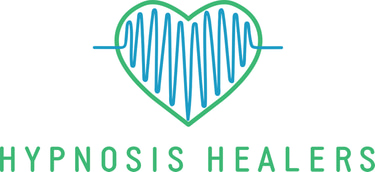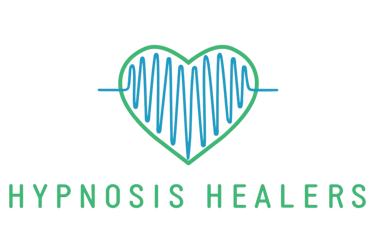Rise Above Perfectionism
Perfectionism can be crippling. It can cause loneliness, anxiety, depression, low self worth, unhealthy body image, guilt, pessimism, controlling behaviour, OCD, rigidity, procrastination, burn-out and isolation.
Hellen Buttigieg
11/7/20243 min read


Are you a perfectionist? Did you know that a ‘to do’ list is the signature of a perfectionist? Guilty as charged. (A ‘to do’ list is great for getting things out of your head so you can relax, and I often recommend it, provided the list is realistic and manageable rather than overwhelming). Overusing the word ‘should’ is also a sign of a perfectionist: “I should be cleaning the floor instead of reading this romance novel.”
“Perfectionism is the highest form of self abuse” - Tao Te Ching
I have a confession to make, and I’m sure it won’t be startling for those who know me. I am a recovering perfectionist. As an only child who was raised by perfectionist parents, it’s no surprise that I was a ‘good girl’. My expectations for myself were set very high. I felt out of control when I wasn’t able to control everything. Can you relate?
Perfectionism can be crippling. It can cause loneliness, anxiety, depression, low self worth, unhealthy body image, guilt, pessimism, controlling behaviour, OCD, rigidity, procrastination, burn-out and isolation. It can strain relationships and cause illness. For me, it was causing stress. The pressure to perform manifested in the form of debilitating headaches during most of my high school years. I fell into the trap of measuring my worth by how well I did in school. And I was rewarded with excellent report cards and approval from my well-meaning parents and teachers. What we are rewarded for becomes habit.
Unlike other addictions like alcohol, drugs and eating disorders, perfectionism is actually accepted and even encouraged in our society. Thinking back to my first job interview, when asked what my greatest strength was, I said perfectionism. Then I spent the next 20 years trying to overcome that so-called strength.
Some will argue that there are benefits to being a perfectionist, but the high costs outweigh the advantages. There is a fine line between the desire to excel vs. striving to accomplish goals that are beyond reach and reason. Perfectionism diminishes our ability to be productive because a task expands to fill the time we have allowed for it. If you find your perfectionistic tendencies coming out during certain tasks or projects, put a time limit on them. Resist spending an inappropriate amount of time attempting to achieve perfection. Ask what the return is on your time investment. If the return is limited, then limit your time; the payoff should match the time invested in it. Set priorities and boundaries carefully, so you’re spending the most time on the things that yield the highest returns.
It’s so much more liberating on the other side of perfectionism. What was really helpful for me was when I learned to pay attention to my inner critic (that judgmental voice we all have inside our heads). I was horrified at the defeating things it was saying to me. I worked very hard at detaching from the negative thoughts and reprogramming that voice so it was nicer to me. It’s called ‘L.V.M.’ (Little Voice Management). Another thing that really helped was getting a dog. It’s pretty hard to be a perfectionist when there’s a new puppy in the house! I’ve released the need to control the uncontrollable; I’ve detached from the outcome of situations and projects I use to obsess about and now I just trust that everything is happening as it should. Journaling at the end of the day has also been extremely helpful; it allows me to get out of my head and connect with my wise self.
A practice I use in hypnotherapy to silence the inner dictator, and help my clients towards self-acceptance, is my inner child hypnosis. The results have been transformational. Nothing makes me happier than to help free people from the chains of perfectionism, after experiencing first-hand how much it limits our lives
Occasionally, I find myself reverting to some of my old habits, especially when I’m having a dinner party or preparing for an important speaking event. But for the most part, I am free from the inner critic that tries to tell me my best is not good enough. I accept myself for who I am, flaws and all. Are you ready to work towards doing that too?
by Hellen Buttigieg


